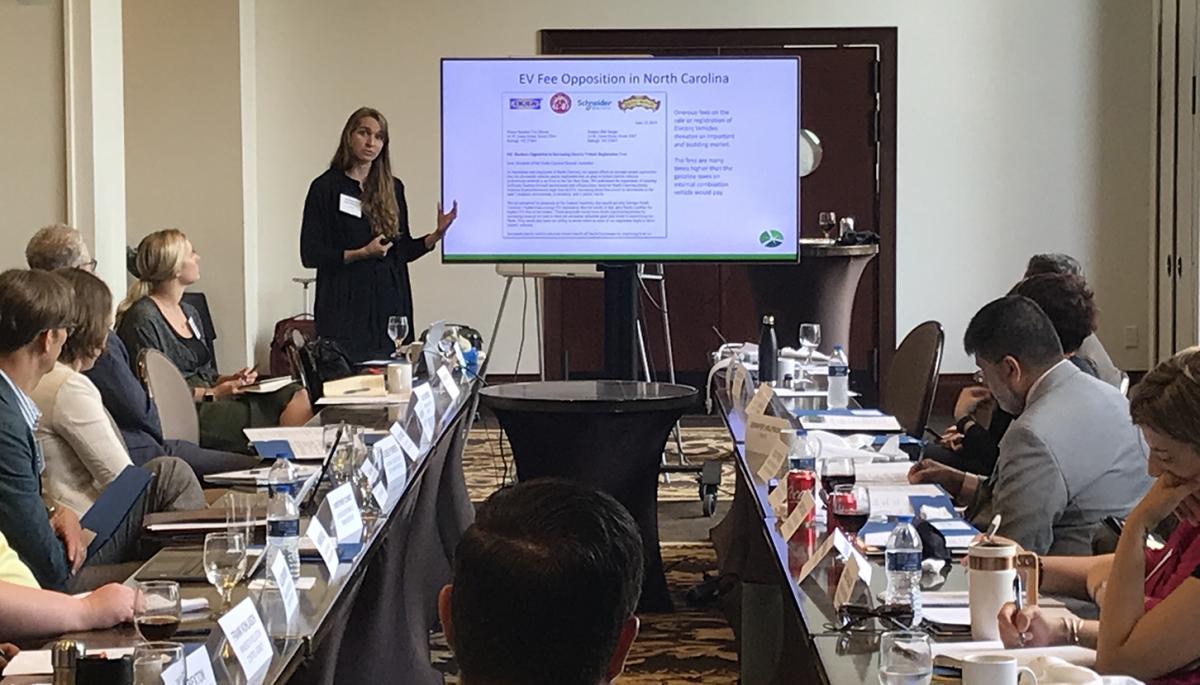

We stayed in the attic because there were literally no places for anyone to stay, I mean, so different. And Detroit was literally bursting at the seams in the black community. So to come up here just meant so much potential opportunity. My grandfather was a farmer but he basically-he sold his products on the market but he fought to stay independent, but everybody-I mean, all the children essentially labored, they were workforce to provide for the family. You know, I mean, they were-my father came from a family of 18-nine boys, nine girls-who were essentially quasi-sharecroppers. RL: Oh sure, I mean, it was just bustling. JW: So when your family moved to Detroit, was it different up here then? In fact, Albany has been known as the city that broke the back of the Civil Rights Movement. They refused to-as a result of federal law, accommodations would have had to be open for-based on the interstate, would have had to be open for all citizens, irrespective of color, creed, or religion, but Albany was not having it. And we say “Al-benny,” that’s a colloquial expression, because if you were from New York you would say “Al-bany,” we say “Al-benny” as if it’s an “e” there, so just to let you know, like, what is he talking about? I mean, Georgia-Albany, Georgia was the county seat of Dougherty County, and the largest city in southwest Georgia, and what is so significant is that Interstate 75, if you look geographically, it just would have made sense for it to come through Albany.

RL: Employment, and to escape the racism of the South.
:no_upscale()/cdn.vox-cdn.com/uploads/chorus_asset/file/10062303/Velodrome_101.jpg)
JW: So what brought your family from Georgia to Detroit? I mean, I understood that, but as we went through things I think I may have been brought a little later than what they said I was. I arrived probably in 1954, you know, it’s just been some dispute within the family of when I came here, because my family-my parents-I was an only child, and I stayed with my grandmother because my parents as they came north, it was really tough, so I stayed with my grandmother, and I think they kind of fudged the dates because it felt like they were being irresponsible by not bringing me sooner. RL: My family arrived approximately 1953. When did you or your family come to Detroit? RL: I was born January 30, 1951, in Albany, Georgia. JW: Could you begin by telling me where and when you were born? JW: Thank you so much for coming in to sit down with us today. We’re in Detroit, Michigan, and this interview is for the Detroit Historical Society’s Detroit 67 Oral History Project. JW: Hello, today is April 14, 2017, my name is Julia Westblade.


 0 kommentar(er)
0 kommentar(er)
